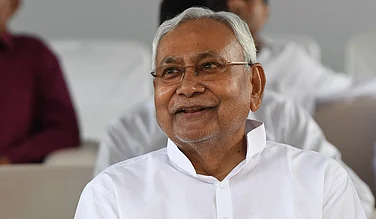Social media platform X (formerly Twitter), owned by Elon Musk, said it received a government order on July 3 to block over 2,000 accounts in India, including those belonging to international news agency Reuters. The statement directly contradicts the Indian government’s claim that it made no such request concerning Reuters.
According to a post by X’s Global Government Affairs team, the Ministry of Electronics and Information Technology (MeitY) issued a legal directive under Section 69A of the IT Act, compelling the company to block 2,355 accounts. X said it was instructed to act within one hour, without receiving justification, and was warned that non-compliance could lead to criminal liability, including fines and imprisonment for local employees.
The Reuters (@Reuters and @ReutersWorld) accounts were subsequently withheld in India, with users shown a message that the action was taken “in response to a legal demand.” The government, however, publicly denied issuing any such order. A spokesperson for MeitY said on Sunday: “There is no requirement from the Government of India to withhold Reuters handle. We are continuously working with X to resolve the problem.”
X later restored access to the Reuters accounts, stating that this followed public backlash and a request from the government to reverse the action.
In its post, the company expressed concern over what it described as “press censorship” in India, stating: “X is exploring all legal options available. Unlike users located in India, X is restricted by Indian law in its ability to bring legal challenges against these executive orders.” It urged users impacted by the blocks to pursue legal remedies through Indian courts.
The episode follows a broader pattern of content restrictions linked to Operation Sindoor, a military operation earlier this year. In May, X had reported receiving orders to block more than 8,000 accounts, including those of media organisations such as BBC Urdu and 카지노 India. Some of those blocks were later lifted.
Officials had previously acknowledged that orders were sent to X in May regarding certain posts by Reuters, but the platform had not acted at the time. The July 3 order appears to be a follow-up, though the government has not clarified why Reuters was included or why the position changed.
The incident has drawn attention to ongoing debates about the scope of digital content regulation in India, particularly as it relates to media organisations. The Section 69A of the Information Technology Act grants the government authority to block online content in specific circumstances.
















